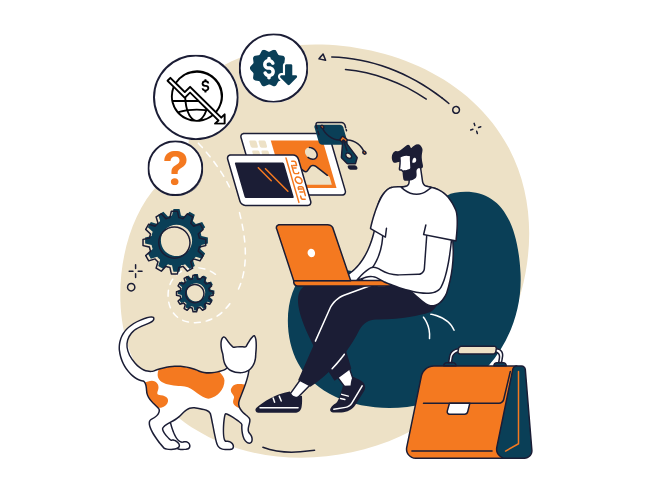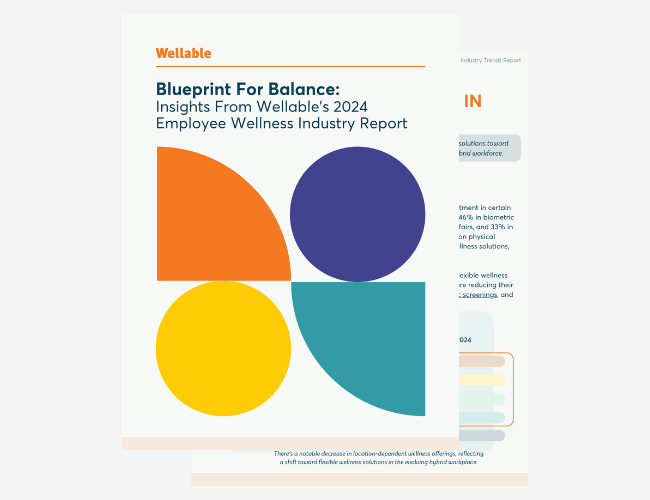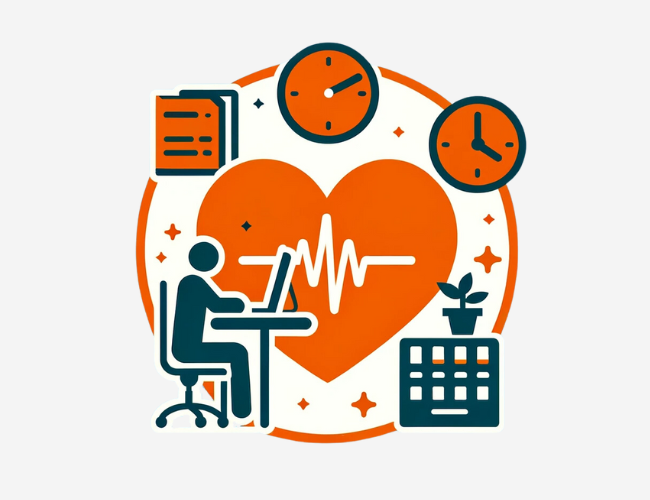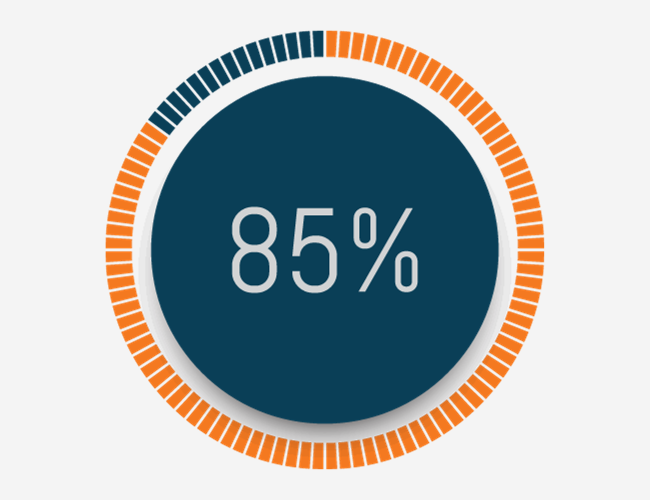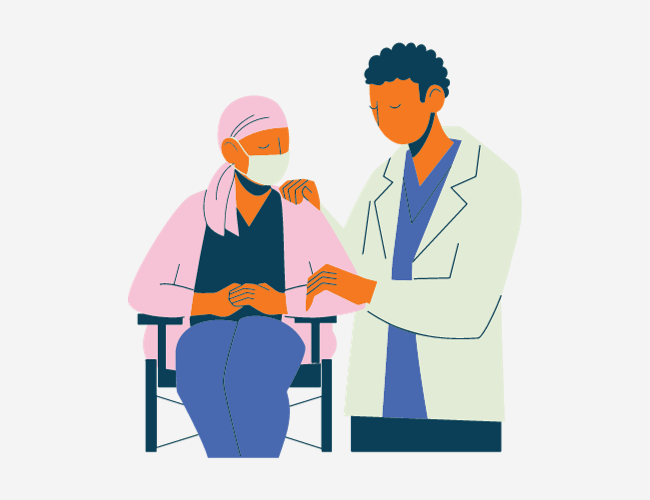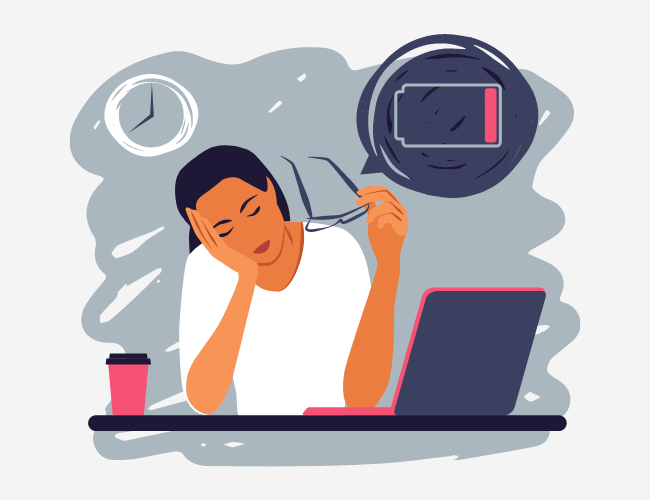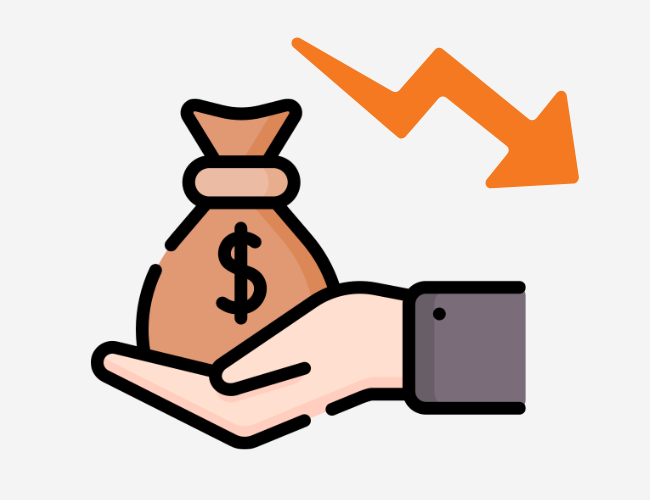
A study published in the Journal of Medical Internet Research determined that “exercise app users are more likely to exercise during their leisure time, compared to those who do not use exercise apps, essentially fulfilling the role that many of these apps were designed to accomplish. Data also suggest that one way that exercise apps may increase exercise levels and health outcomes such as BMI is by making it easier for users to overcome barriers to exercise, leading to increased self-efficacy.”
In the study, 726 participants with one of three backgrounds were surveyed about their use of exercise apps and health: (i) those who never used exercise apps (63%); (ii) those who used exercise apps but discontinued use (16%); and (iii) those who are currently using exercise apps (20%). The study revealed that current users were 27% more likely than the other two groups to self-report being active and that the groups reported being equally active during non-leisure time (e.g., incidental exercise like walking to work). The app users, however, said they were more active than other groups said they were during leisure time. Lower BMI was also correlated with higher app usage in the study.
The researchers cautioned that the results could be due to correlation, not causation. That is, those individuals who were more active and had lower BMIs maybe more likely to seek exercise apps as a tool to manage their activity. In order to account for this possibility, researchers asked those surveyed about their barriers to exercise, such as lack of time, lack of access to exercise facilities, lack of enjoyment of exercise, and/or lack of energy to exercise. If the study were just observing that people who were exercising anyway were now adopting apps, researchers reasoned, the high app users would also be those who reported the fewest barriers to exercising. Instead, the opposite was true.
“Barriers were found to be significant moderators of app use on exercise,” researchers wrote. “Individuals who have relatively few barriers were found to be less likely to benefit from exercise apps, likely because their engagement in exercise activity is not hampered by barriers, and these individuals are thus less in need of an intervention. Individuals with relatively high levels of barriers on the other hand were most likely to benefit from using exercise apps — an effect that extended to their BMI.”
Researchers argued that exercise apps increase self-efficacy, which has been proven to be a major predictor of exercise adherence. Next steps in the research will involve looking at particular apps to determine which features are the most efficacious.




